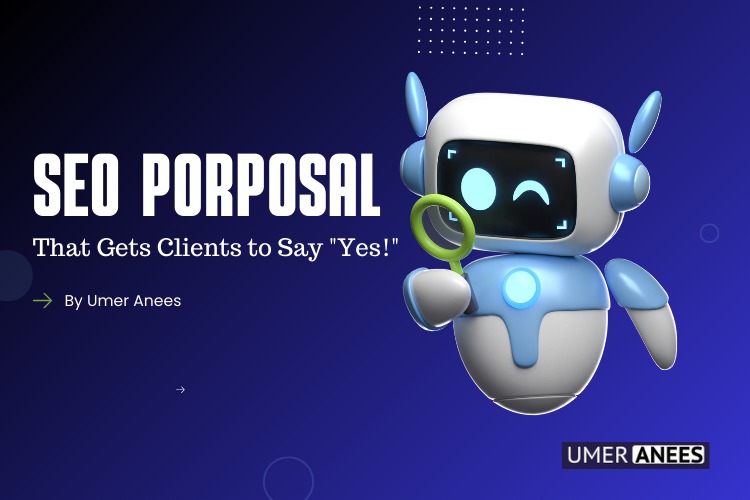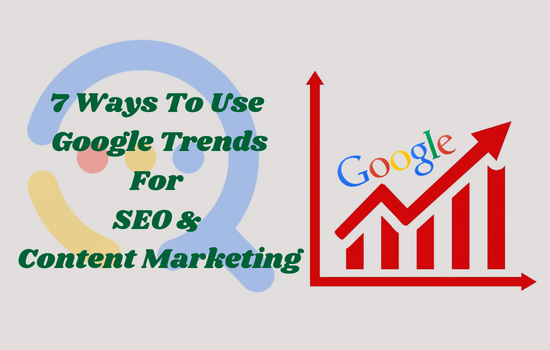In today’s digital age, businesses are constantly looking for ways to improve their marketing strategies. One way they are doing this is by incorporating artificial intelligence (AI) and chatbots into their marketing efforts. AI chatbots like ChatGPT are gaining popularity. This is due to their ability to provide personalized and automated customer service, increase efficiency, and collect valuable data. In this article, we will discuss how businesses can harness the power of AI in marketing by implementing a chatbot and provide tips on how to effectively use ChatGPT.
Understanding the Benefits of Chatbots
Chatbots are computer programs that use natural language processing (NLP) to simulate human-like conversations with customers.
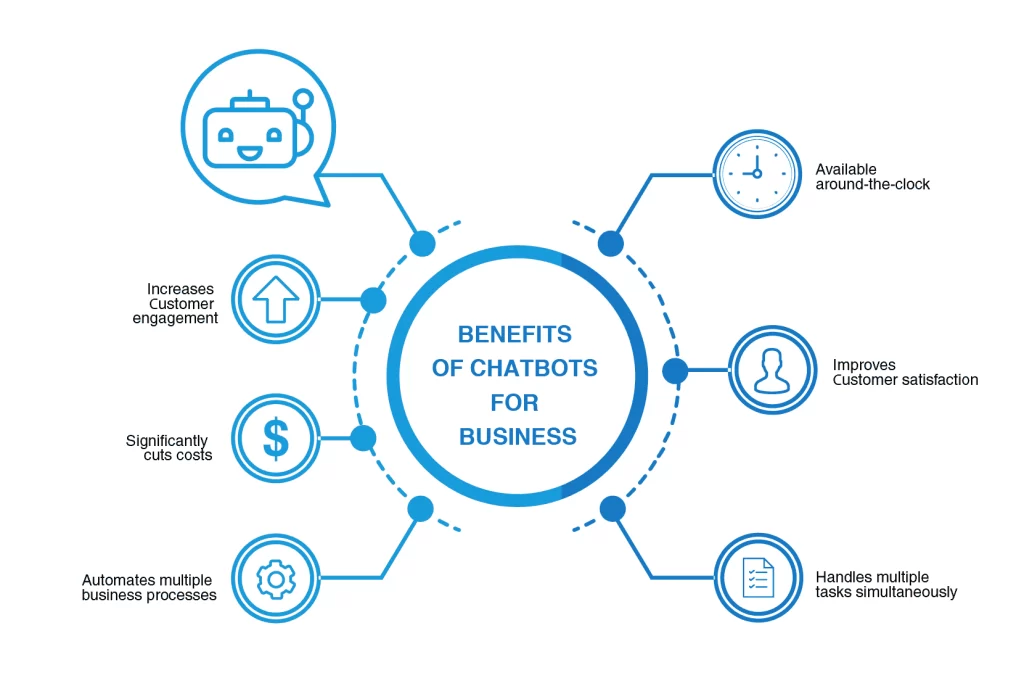
They can handle a range of tasks like responding to frequently asked questions, taking orders, and offering customer service. They can be integrated into different platforms like websites, mobile apps, and messaging platforms.
One of the biggest benefits of chatbots is their ability to provide 24/7 customer service. This means that customers can receive assistance at any time, without the need for human intervention. This can lead to increased customer satisfaction and sales. Chatbots can also increase efficiency by automating repetitive tasks and freeing up human employees to focus on more important tasks.
Another benefit of chatbots is the valuable data they can gather. Chatbots can keep track of customer interactions and preferences, which can be applied to marketing campaigns and product improvement. With AI marketing, businesses can gain insights into consumer behavior, preferences, and buying patterns, allowing them to tailor their marketing efforts to specific audiences.
Implementing ChatGPT
ChatGPT is an advanced AI chatbot that uses machine learning and natural language processing to understand and respond to customer inquiries.
It can handle a range of tasks. For example, responding to frequently asked questions, taking orders, and offering customer service can be integrated into different platforms like websites, mobile apps, and messaging platforms.
One way to implement ChatGPT is by integrating it into a website or mobile app. This can be done by using an API (Application Programming Interface) that connects ChatGPT to the platform. Another way to implement ChatGPT is by using a pre-built chatbot solution, such as a plugin or third-party service. This can be a simpler and faster option for businesses that do not have the resources to develop their own chatbot.
Using ChatGPT Effectively
Once a chatbot is implemented, it is important to use it effectively to maximize its benefits. One way to do this is by providing clear and concise instructions to customers on how to interact with the chatbot. This can include providing examples of the types of questions or tasks the chatbot can handle. Also, a fallback option for more complex inquiries.
Another way to use ChatGPT effectively is by continually training and updating the chatbot. As the chatbot interacts with customers, it can learn from their responses and improve its understanding of natural language. It is also important to regularly review and update the chatbot’s responses. Also, the knowledge base to ensure they are accurate and up-to-date.
In addition to training and updating, businesses should also make sure to keep track of the data that the chatbot gathers. This can include customer interactions, preferences, and feedback. This data can be used to improve products and services, as well as personalize marketing efforts.
Exploring the Idea Generation Capabilities of ChatGPT
One of the most powerful features of ChatGPT is its ability to generate creative and unique ideas based on prompts. By providing ChatGPT with a specific topic or question, businesses can generate a wide range of ideas for marketing campaigns. In addition, for product development, and customer engagement. Here are a few examples of prompts that can be used to generate ideas with ChatGPT:
- “Generate 10 ideas for a social media campaign to promote our new product line.”
- “Provide 5 unique ideas for a customer engagement program.”
- “Create 7 ideas for a referral marketing campaign.”
- “Generate a list of 10 potential influencers to partner with for our next campaign.”
- “Provide 3 ideas for a mobile app feature that will improve customer experience.”
By using ChatGPT in this way, businesses can access a wide range of ideas. They can be tailored to their specific needs and goals. Additionally, ChatGPT’s ability to understand natural language and context allows it to generate ideas that are relevant and creative. This can help businesses stand out in a crowded market and stay ahead of the competition.
Measuring the ROI of ChatGPT in Marketing
As with any marketing investment, it is important for businesses to measure the return on investment (ROI) of ChatGPT. It can determine its effectiveness and make informed decisions about its continued use. There are a number of metrics that businesses can use to evaluate the ROI of ChatGPT in marketing, including:
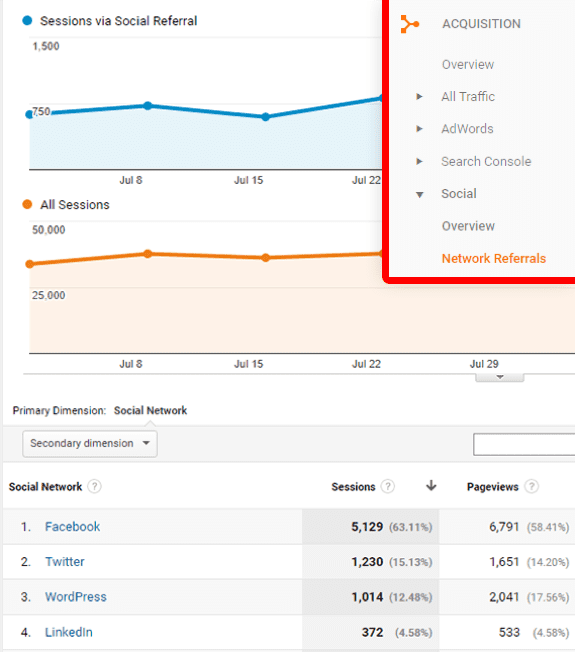
Engagement: One key metric for evaluating the effectiveness of ChatGPT is engagement, or the number of interactions that customers have with the chatbot. This can include the number of messages exchanged, the length of each conversation. Also, the percentage of customers who return to interact with the chatbot again.
Conversion rate: Another important metric for evaluating the ROI of ChatGPT is conversion rate, or the percentage of customers who complete a desired action, such as making a purchase or signing up for a newsletter. By tracking this metric, businesses can determine the effectiveness of their chatbot in driving conversions and revenue.
Customer satisfaction: Measuring customer satisfaction is also important to evaluate the ROI of ChatGPT. Businesses can use customer feedback, survey, and Net Promoter Score (NPS) to measure customer satisfaction with the chatbot experience.
Cost Savings: ChatGPT can also help businesses save cost by automating repetitive tasks such as answering frequently asked questions, directing customers to the right department, and providing 24/7 customer service. By tracking these cost savings, businesses can determine the financial benefits of using ChatGPT.
By tracking these metrics over time, businesses can get a clear picture of the effectiveness of ChatGPT in their marketing efforts. They can also make data-driven decisions about its continued use. Additionally, businesses can also use A/B testing to compare the performance of ChatGPT with other marketing strategies. For example, as email marketing or social media advertising, to determine which approach is the most effective.
The Challenges and Pitfalls of Using ChatGPT
I. Cost and Maintenance of Chatbots
One of the main challenges of using ChatGPT is the cost of implementation and maintenance. Developing and integrating a chatbot can be a costly and time-consuming process. Additionally, regular training and updating are necessary to ensure that the chatbot is providing accurate and relevant responses. To mitigate this challenge, businesses can consider using pre-built chatbot platforms that require less development time and cost.
II. Complexity of Natural Language Processing
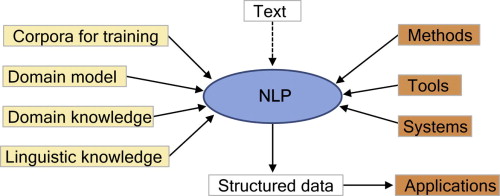
Another challenge of ChatGPT is the complexity of natural language processing. ChatGPT, like other AI chatbots, is designed to understand and respond to natural language. However, it can still have difficulty understanding certain phrases or idioms, and may not always provide accurate responses. To overcome this challenge, businesses should provide clear and concise instructions to customers on how to interact with the chatbot and have a fallback option for more complex inquiries.
III. Data Privacy and Security of Chatbots
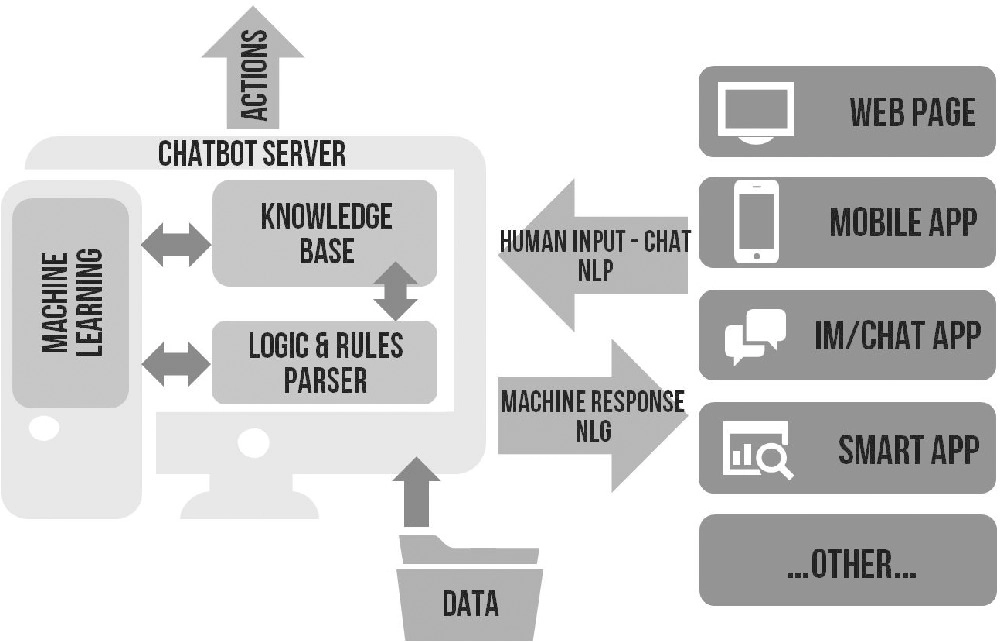
As ChatGPT gathers data on customer interactions and preferences, businesses must ensure that they are adhering to data privacy regulations and protecting customer information. This includes implementing proper data encryption and storage, and regularly reviewing and updating security protocols to ensure customer data remains safe and secure.
IV. Limited Capabilities of Chatbots
Lastly, it’s important to keep in mind that chatbots are not a magic solution and can’t replace human interactions entirely. They can handle simple, repetitive tasks but for complex issues, human help is still necessary. To overcome this limitation, businesses should use chatbots as a complement to human customer service and provide clear instructions on when to seek human assistance.
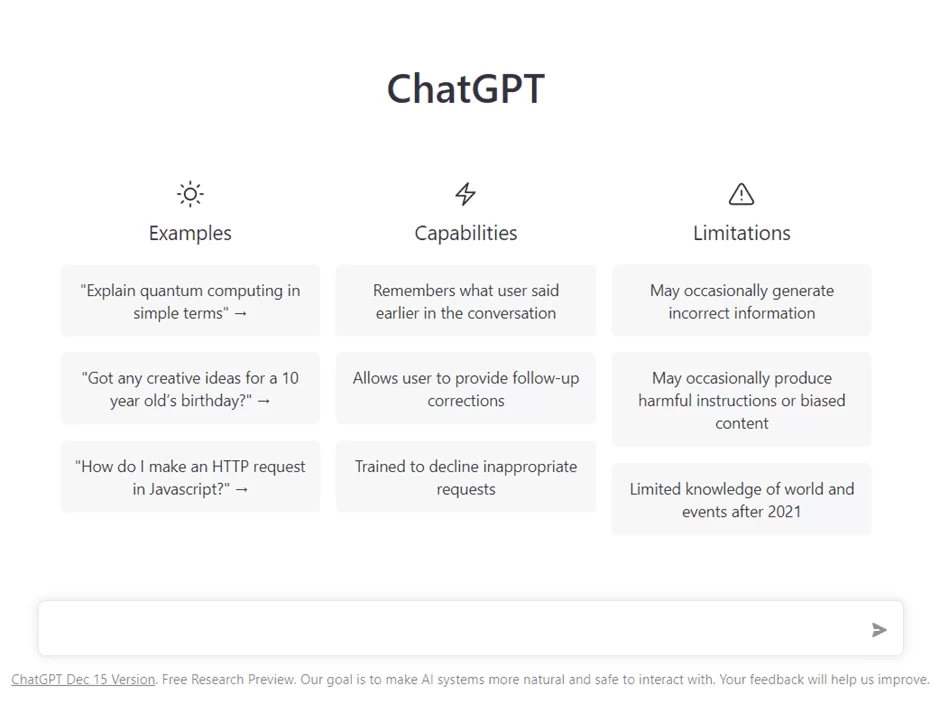
In order to overcome these challenges and pitfalls, it’s crucial for businesses to carefully plan and manage their implementation of ChatGPT, and to continuously review and improve their chatbot’s performance. By staying aware of these challenges, businesses can ensure that they are getting the most out of their investment in ChatGPT and AI technology.
Conclusion
Chatbots, such as ChatGPT, are becoming increasingly popular in the world of marketing due to their ability to provide personalized and automated customer service, increase efficiency, and gather valuable data. By understanding the benefits of chatbots, implementing ChatGPT, and using it effectively, businesses can harness the power of AI in marketing to improve customer satisfaction, increase sales, and stay ahead of the competition.
It is important to remember that chatbots are not a one-time solution, but rather a continually evolving tool that requires regular training and updating. By keeping track of the data gathered by the chatbot and using it to improve products and services, businesses can ensure they are providing the best possible customer experience. In conclusion, chatbots and AI technology, like ChatGPT, are an essential tool for any business looking to stay competitive in the digital age.


